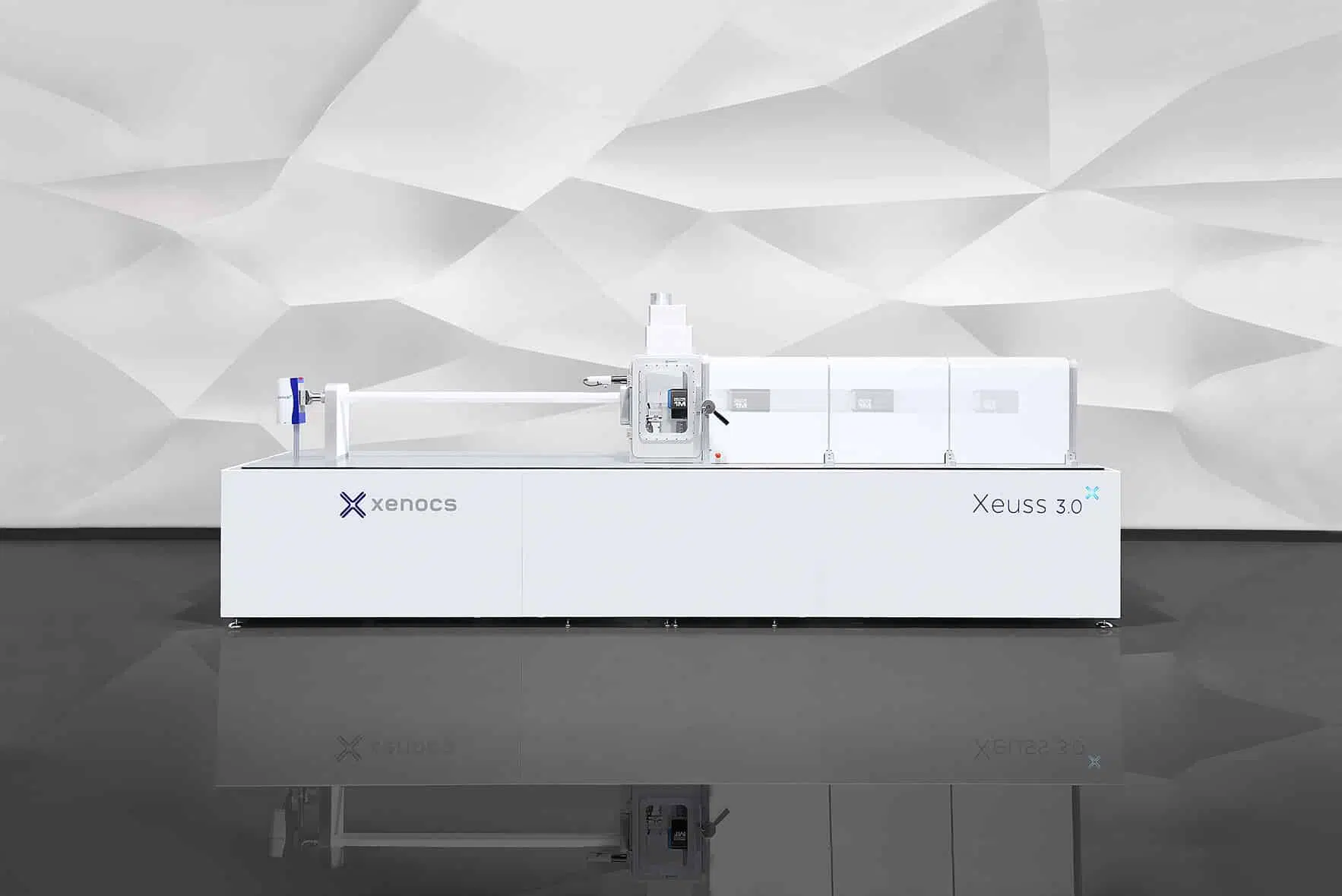Journal of Drug Delivery Science and Technology, 2019, vol 52pp. 27-36
DOI:10.1016/j.jddst.2019.04.020
Abstract
Development of new drug delivery systems for effective delivery of poorly water-soluble drugs is important. We report the development of cochleate-based formulation for the oral administration of poorly water-soluble artemisinin (ART). Cochleates offer great potential as vehicles for the oral delivery of ART due to their high drug encapsulation and controlled-release capabilities. The optimized ART-loaded cochleates showed encapsulation efficiency of 61.8 ± 9.1% and drug loading of 71.5 ± 4.9 mg ART/g. We developed a facile method of coating cochleates by treatment with sodium alginate (ALG). The coated ALG-cochleates gave better in-vitro ART controlled-release under simulated gastro-intestinal conditions than uncoated SEL-cochleates. ALG-cochleates showed a cumulative ART release of ∼12%, while SEL-cochleates showed double ∼22% release in SGF over 1 h. In SIF, the SEL-cochleates and ALG-cochleates showed a cumulative release of almost 100% and ∼85%, respectively after 12 h. The controlled-release is attributed to crosslinking of the alginate with surface Ca+ on the cochleates and protonation of the carboxylate groups of the alginate. Freeze-dried powder of ALG-cochleates showed high storage stability over 12 weeks. The current study highlights the advantages of loading ART in cochleates and demonstrates the benefits of coating these cochleates with alginate for enhanced oral delivery of ART and similar drugs.


































